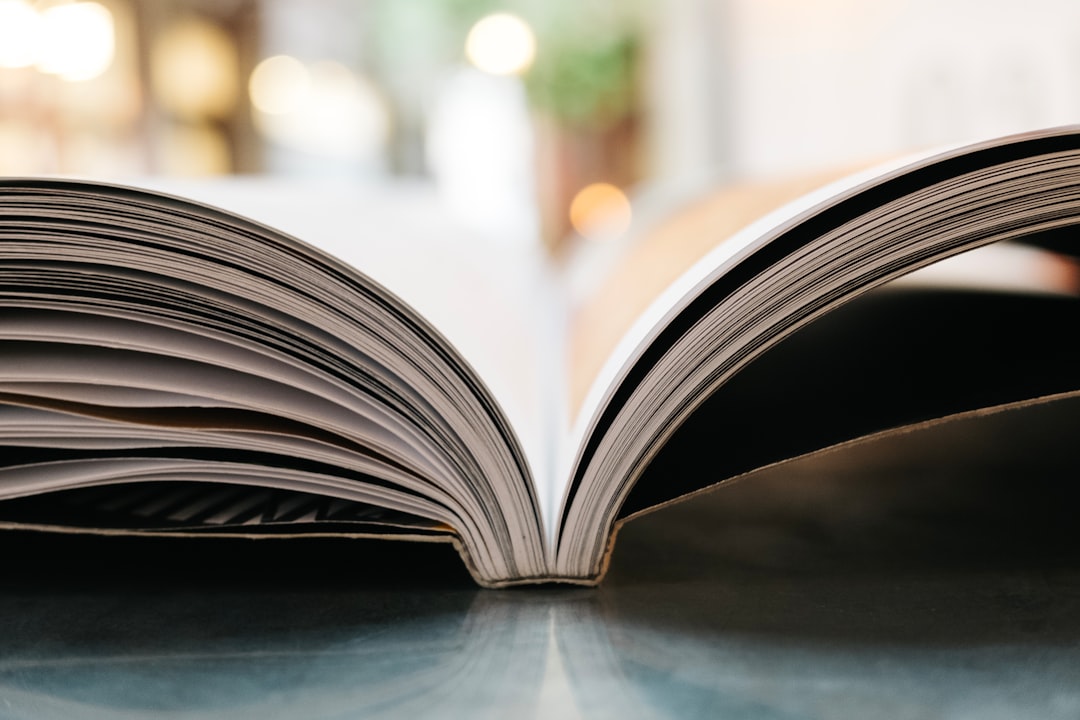Penguin Random House's Fantastical Tale of Intra-Firm Competition
The largest book publisher in the world defends federal anti-trust lawsuit by insisting that in-house competition is the equivalent of real world competition.

If someone wrote this plot line in a book, it would be rejected by an editor as utterly unbelievable.
But Bertelsmann SE & Co. KGaA, a German company that is the sole owner of Penguin Random House, is claiming it would continue to compete against Simon & Schuster for publishing deals if it was permitted to acquire Simo…

